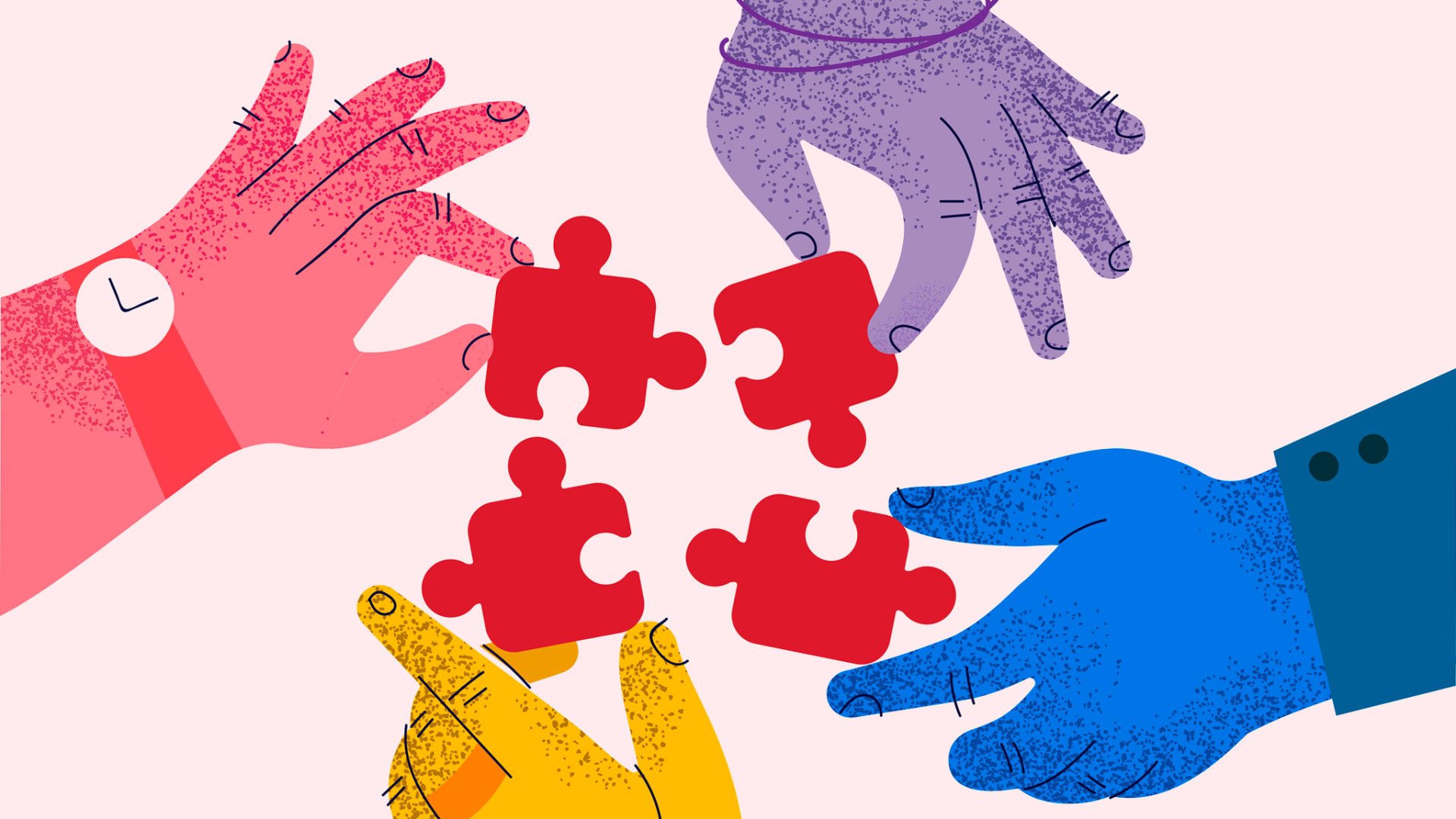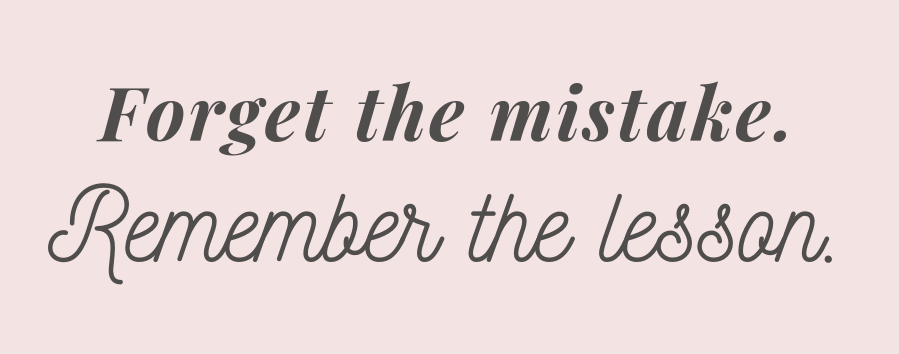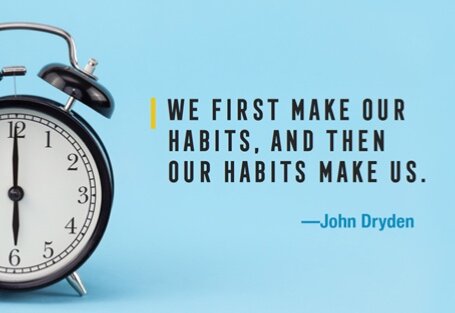In my experience good leaders know the value in wanting others to shine more than they do, and they do what they can to put their team in a position to win. Strong leaders inspire their teams with a clear vision for the future and aligns everyone’s efforts towards the common purpose through meaningful communication. I think effective leaders are the ones who delegate tasks and responsibilities, trusting team members to carry out their duties. Empowering them and providing guidance takes courage and team members usually reward these leaders with loyalty. It’s always good to know that leadership is not a “one size fits all” concept, different situations may require different leadership styles.
Evaluating digital performance
What damage is caused by using bad metrics in digital marketing?
To improve the impact of digital marketing and undo the damage caused by using inadequate metrics, we must find a high-margin, transactional product to sell and market. Currently, a major issue with e-mail marketing is the optimisation around transactional metrics rather than emotional metrics. It’s important to point out that learning from digital marketing mistakes is not always easy or straightforward. I think it’s essential to exercise caution in this aspect and change our focus towards emotional engagement in order to obtain more effective results.
“Making mistakes is something everyone does. Learning from them is not. ”
Don't just tell me
What happens when performance doesn’t match the promise?
Teamwork is generally understood as the willingness of a group of people to work together to achieve a common aim. It’s not enough to call yourself a team just because you work together. I think you are only a team when you trust, respect and care for each other. This also the case with branding, as a very few customers will return a second time when brand performance doesn't match brand promise.
““Pay less attention to what men say. Just watch what they do.” ”
Small transactions in awesomeness
Part of Western culture, the science and technology we developed is measuring things, even things that are unmeasurable. I think one of the pleasures of art is it takes us away from the world of measurement and allows us to feel enormous dwells of emotion.
““You can’t manage what you can’t measure.””
Contrast and compare
I am a very big collaborator and I think the most successful salespeople are. Just like a professional athlete, successful salespeople are always in training, in practice and open to learning new skills. Just like a professional athlete, sales definitely involve a “performance state”, gearing up to act, rallying energy, visualising on what you are about to do, preparing to take hits and be resilient. If you compare this to most knowledge work jobs, then the performance nature of sales becomes even more clear. People buy from people they like and if you cannot have a conversation with them, it is unlikely to go very far.
Providing performance solutions
Performance management is rooted in building an empowered and skilled workforce. When framing a performance issue, try asking yourself the following questions:
1. Is it a skill problem? (aptitude; training)
2. Is it a hill problem? (altitude; difficult task)
3. Is it a will problem? (attitude; motivation)
Journey of discovery
How does purpose drive performance?
Your purpose will be the foundational base for driving strategy, so sharpen and tweak it continuously, and this will also help to implement it. Purpose is not a statement, it’s an ideal. Purpose is a sense of what are my goals and ambition, purpose also asks what my duties are and why I exist. Writing the words is the easy part, the hard part is how you translate a set of words into a plan of action. And when you think long-term it forces you to think about the stakeholders you want to serve.
We still have to do it
It still fascinates me when I see and hear salespersons fall into the pricing trap, and nowadays even more salespersons are falling into the features and functions trap. Sales is a performance-based profession and how well you do it in the eyes of your clients is all what matters, as your clients are the receivers of all your communication – written, oral and visual. It’s all a performance, not just the words, it’s the tonality, inflections, the timing, it’s the whole sequence of things and at this could seem overwhelming at the beginning of the process.
How well do you do it?
Show me what could have been better
What is the key to a performance-based profession?
I think that in sales it’s all about how well you perform in the eyes of the customers. The customers are the audience, and they are the only thing which matters in the big scheme of things. The customers are the receivers of our communication, and all communication is performance regardless of whether it is written, oral or visual, it’s all a performance.
How well do you perform?
It’s not just the words, it’s the tonality and inflection, it’s the timing, it’s a whole sequence of things and it may seem overwhelming at the beginning, but we still must do it. The repetitions, the feedback, that learning cycle which we all must go through if we want to move from good to great. Contact me via e-mail if you are ready to speak to someone who has no emotional attachment in your deals.
The power of goal setting
According to psychological research, written goals are much more powerful than unwritten ones. I think by writing down goals we start to anticipate how we will achieve those goals and start to build our way power as our brains just does not have enough working memory to do all that without committing the goals to paper.
There are three types of goals: process goals, performance goals and outcome goals. As a former athlete, I think process goals are the most valuable since practising reaching a process goal is demanding and if you fail, it will not be as public as failing to achieve an outcome goal.
“Plans are irrelevant; planning is everything. ”
Strengthening your muscles
What motivates you?
What fires you up?
What gets you going when the going gets tough?
The answer to these questions is different for everyone, just because it works for one person it doesn’t mean it will work for another. Humans are emotional creatures, and we seek patterns, and we are adept at finding them whether they exist or not. Nowadays, we are always hearing about passion, purpose and finding your “why”, and the brain needs that, as we need something to fall back on. Today, our number one problem is “Why now?” as it is far safer to wait, but as sales professionals we must learn how to sell around that.
So much of sales is not about what you know, it’s about how well you do it - in other words, it’s all about the performance. You must be able to get yourself to do things when you don’t feel like it. The people who only follow their feelings are misunderstanding what’s going on in our brains, as our subconscious doesn’t really care about tomorrow. It cares about right here, right now - it wants food, it wants rest, it wants to have fun – and it will take over and hijack our prefrontal cortex. Good salespersons have learned how to get motivated without getting upset, they have learned how to take feedback without taking it personally or as an attack on their identity. Would you like to learn how to regulate their emotions? Contact me via e-mail and let’s schedule an online meeting.
Fear can be toxic
Many business people believe that their success is solely dependent on their product and services. What I have learned through my experience is that what is going on outside of the organisation also matters. I think positive emotions are consistently associated with better performance, quality and customer service, and this is true, irrelevant of the industry or roles within the organisation.
Try adding the following words to your vocabulary:
I can
I will
I know
I believe
I dream
I am confident
All things are possible
Sales is a performance game
In sales, our brain, our memory, our ability to recall our process, where we are in the deal and what we should be doing is pretty important. Whether we are in front of a client, on the telephone with them or giving a presentation, there are so many going through our minds. We have to have acts, systems, processes for remembering the things that matter - to make sure we are hitting the point whilst we are still listening. Not getting lost in the weeds and forgetting the steps they shout be taking to move the deal forward.
How many times after the meeting do we ask, I wish that I had asked that question? This is hard and if we don’t practice it outside of the moments, what ends up happening is that we miss what’s going on. In the game of sales, memory is a critical element of our sales ability - we have to remember facts about our product, company, how we compete but we also have to really remember and think about what the other person is thinking, what they care about. I think this is why sales is a performance profession. Sales is not just knowing what and how and having the facts, it’s how you present them and how you execute your game.
One never stops learning
c/o Adobe stock photo’s
Understanding how to build a sales team both inside and outside is an incredible gift. Personally, I thrive in an environment where I can meet and work with great people, and this may have emerged from my sporting past. Everything I do, I really want to do well. Football is a performance game just like sales, whether you win or lose, you are measured by your performance. Sales is about getting better every single day, developing your skill set and putting them into practice.
I’ve led sales teams of representatives (agents and distributors), customer success (back office), product managers, marketing department. My strengths are understanding a business and people and my weaknesses are understanding the corporate politics in organisations. Contact me via e-mail in confidentiality and let’s arrange some sales training for your team.
“You never stop learning. If you have a teacher, you never stop being a student.”
It's lonely at the top
The journey towards better leadership requires change and change is extremely challenging. It demands that you get out of your comfort zones and experiment, to do things that people around you may think are strange. Here are some leadership questions you can use for benchmarking your current performance:
1. What do I do that enables positive performance in the team?
2. What do I do that impairs or reduces performance in the company?
3. What should get more of my time and attention?
4. What 3 things will substantially improve the company’s performance?
5. How can I serve the company better in the next 6 months?
You cannot do this alone and you may need some support, contact me via e-mail to arrange a meeting.
Why Do We Do What We Do?
The great Zig Ziglar said, “Motivation gets you going, and habit gets you there. Make motivation a habit and you will get there more quickly and have more fun on the trip. You are free to choose, but the choices you make today will determine what you have, be and do in the tomorrow of your life.”
We are not in the business of knowledge transformation we are in the business of skill acquisition. Do you know the difference between a skill and a habit? A skill is the ability to do something well and a habit is something you do mentally or physically, that starts as a choice and then becomes a nearly automatic pattern.
In reality, a habit is the function of our subconscious mind. There is no greater evidence of the marvelous power of our subconscious than the force and sway habit holds in our life. We form habits in our subconscious mind by repeating a thought or behavior and act it out over and over again until it establishes tracks in our subconscious mind and becomes automatic. What percentage of our daily behaviors are choice? Studies have shown that between 40 and 45% of what we do each day are habits. Therefore, when we understand how habits work, then rather than being the consumer of our lives, we become the creator.
The Power of Habits training is about teaching leaders and individuals how to leverage habits so that they can improve results. The key to exercising regularly, losing weight, being more productive and achieving success is understanding how habits work. The Power of Habits training will do 3 things: increase performance, improve outcome and ignite culture. Performance is what we do, results is what comes from our actions, and culture is how we behave.
We change the world by changing behavior and there’s a process to that and at Peak Balance (Vital Smarts), our digital learning tools can help facilitate training outside the traditional classroom settings. We have put together a series of micro-trainings which consist of a series of short, focused learning modules that are delivered through Adobe Connect. These trainings have proved to be highly effective at accelerating onboarding and improving retention.
For further information - contact: sb@peakbalance.dk

















